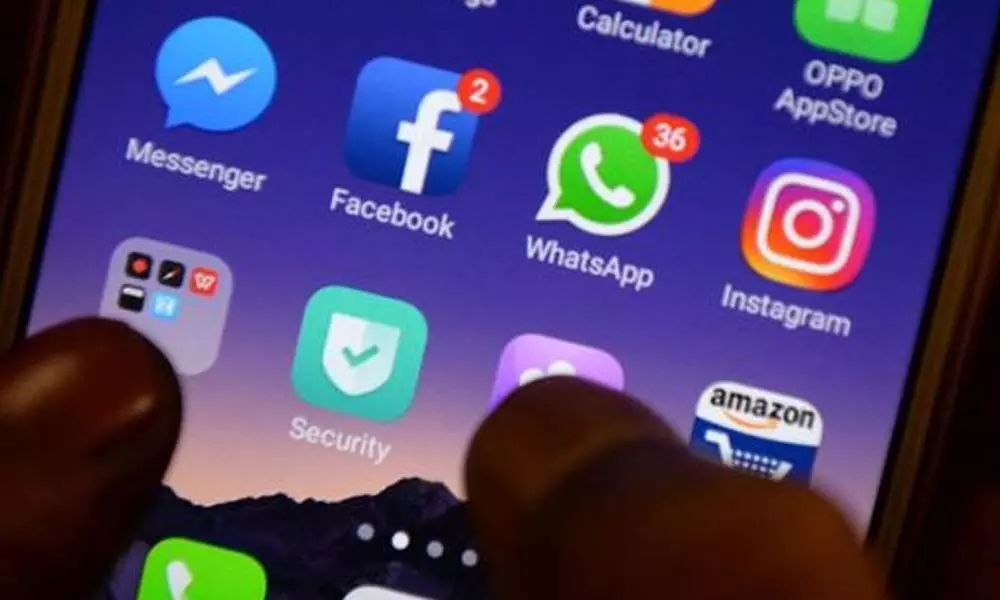What Facebook outage taught us?
On Monday, Facebook and its family of apps, including Instagram and WhatsApp, were inaccessible for hours due to an outage that paralysed the social media platform.
image for illustrative purpose

On Monday, Facebook and its family of apps, including Instagram and WhatsApp, were inaccessible for hours due to an outage that paralysed the social media platform. "To every small and large business, family, and individual who depends on us, I'm sorry," Facebook Chief Technology Officer Mike Schroepfer tweeted, adding that it "may take some time to get to 100 per cent." The outage lasted over five hours before some apps slowly came back to normal operations.
Outage in Facebook for several hours made global headlines reflecting how dependent the world has become on social media platforms, especially the likes of Facebook. As the social media platform is used by billions to communicate with friends and family apart from being used by businesses for advertising and outreach, the outage has caused immense disruption for users.
Facebook is also used to sign in to many other apps and internet-connected devices. And this disruption has caused unexpected domino effects as users are not able to log into those websites through Facebook credentials. Therefore, many shopping decisions or sign into internet-connected devices were disrupted due to this outage. The impact of such disruption in India is palpable. India alone has 53 crore WhatsApp users, 21 crore Instagram users and 41 crore Facebook users. So, many users in India along with digital interfaces witnessed downtime due to this interruption.
Business impact of this outage is also huge. Facebook lost an estimated $60 million in revenue from this disruption. Though not estimated, global apps enabled through Facebook log in also lost millions of dollars due to this event.
This draws us to an important question. Whether such dependency on social media platforms augur well for the world or not. Globally many social media platforms are yielding huge influence on our lives. From moulding our thought process to influencing people to buy certain products and services, social media platforms like Facebook have created huge dependency in today's world. Many a time, these social media platforms are also accused of influencing public policies in several geographies. This has led to anti-trust and data privacy investigations by several countries on many social media platforms including Facebook. Facebook, for instance, has been fined by the United States and many European countries including Germany and France due to flouting of norms on several occasions.
Such dependency and investigation reflect that while social media platforms have become part of our lives, this space requires healthy regulations. Healthy regulations mean social media platforms shouldn't be over-regulated but a watchdog to have an eye on any digression is a must. This will create a level-playing field among all the social media platforms and reduce dependency on a couple of platforms. Moreover, users' right to privacy will be maintained through an oversight. Governments, world over, don't like any external agency or company to meddle with their public policy regulations. Though many a time, expression of views on several topics influence policy formation for good, there are also many instances of abuse seen in recent years. Therefore, a fine balance between regulations and free speech should be maintained.

